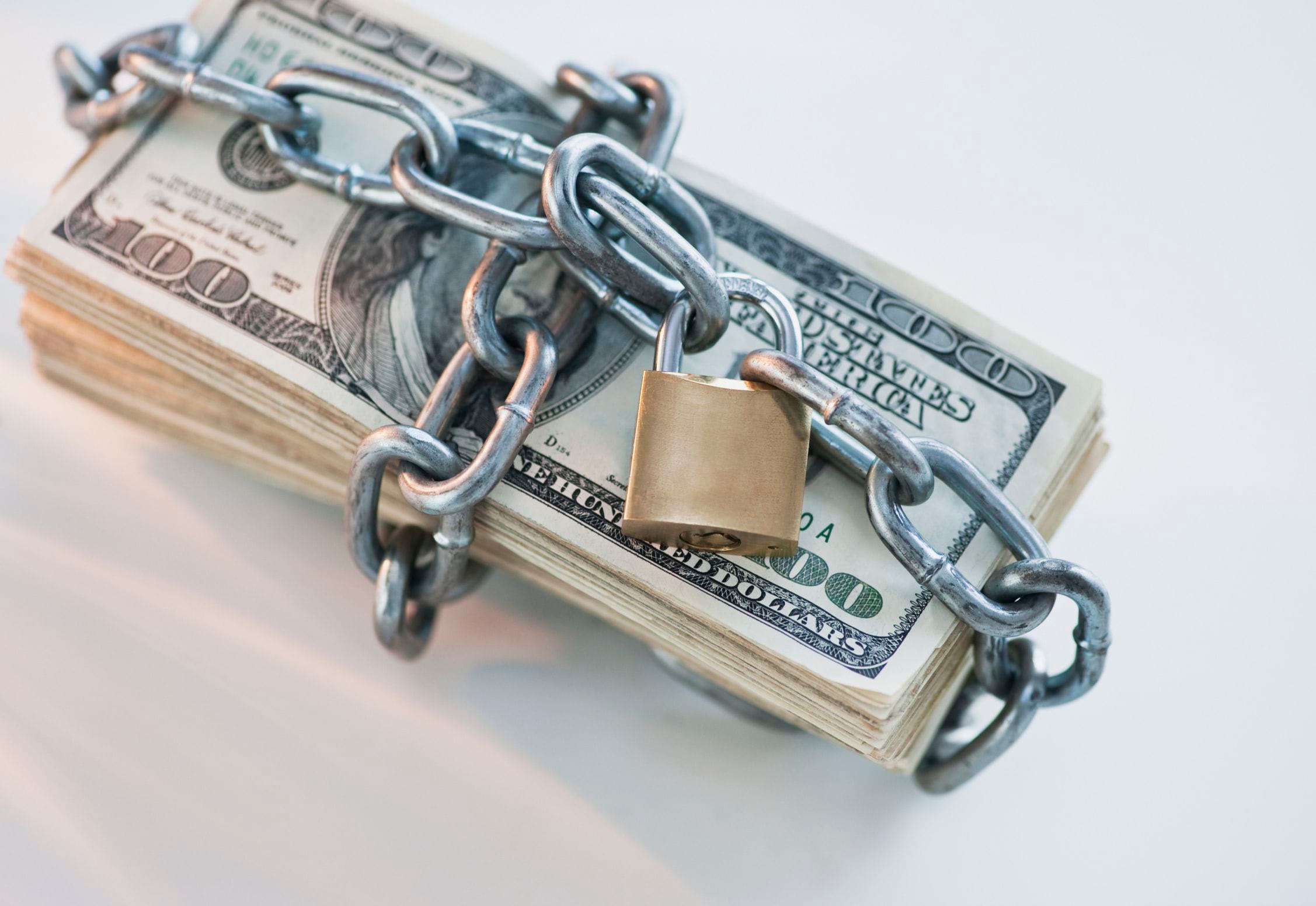What is a wage garnishment?
The IRS is permitted to garnish your wages and bank accounts until the amount you owe has been fully paid.
Losing your wages, or having your bank account cleared out, presents a hardship to you that requires immediate resolution.
If you owe the IRS for back taxes, the agency has the authority to levy or seize your property. A specific type of levy is the garnishment of your employment wages each week. However, before the IRS starts to take a portion of your salary, there are specific guidelines it must follow. Understanding the IRS garnishment rules may help you prepare for the garnishment or even allow you to challenge and stop it.
Once the IRS assesses your tax, you will generally receive notice and a Demand for Payment of the amount due. If you fail to pay this invoice, at some point after you will receive a Final Notice of Intent to Levy and a Notice of Your Right to a Hearing.
These last two documents must be sent at least 30 days before the IRS begins to garnish your wages. Before it reaches this point, you should contact the IRS and attempt to resolve the issue, possibly by submitting a request to get on a payment plan.





